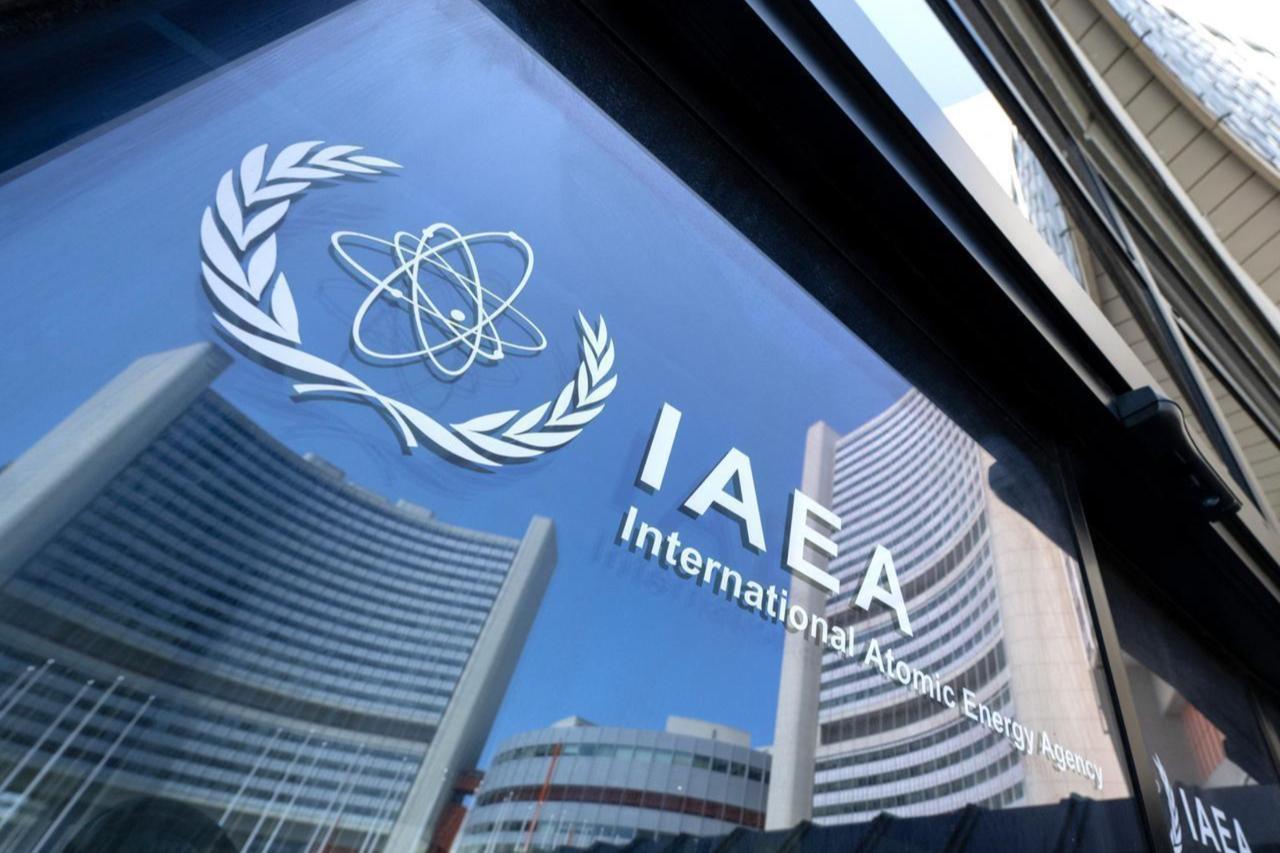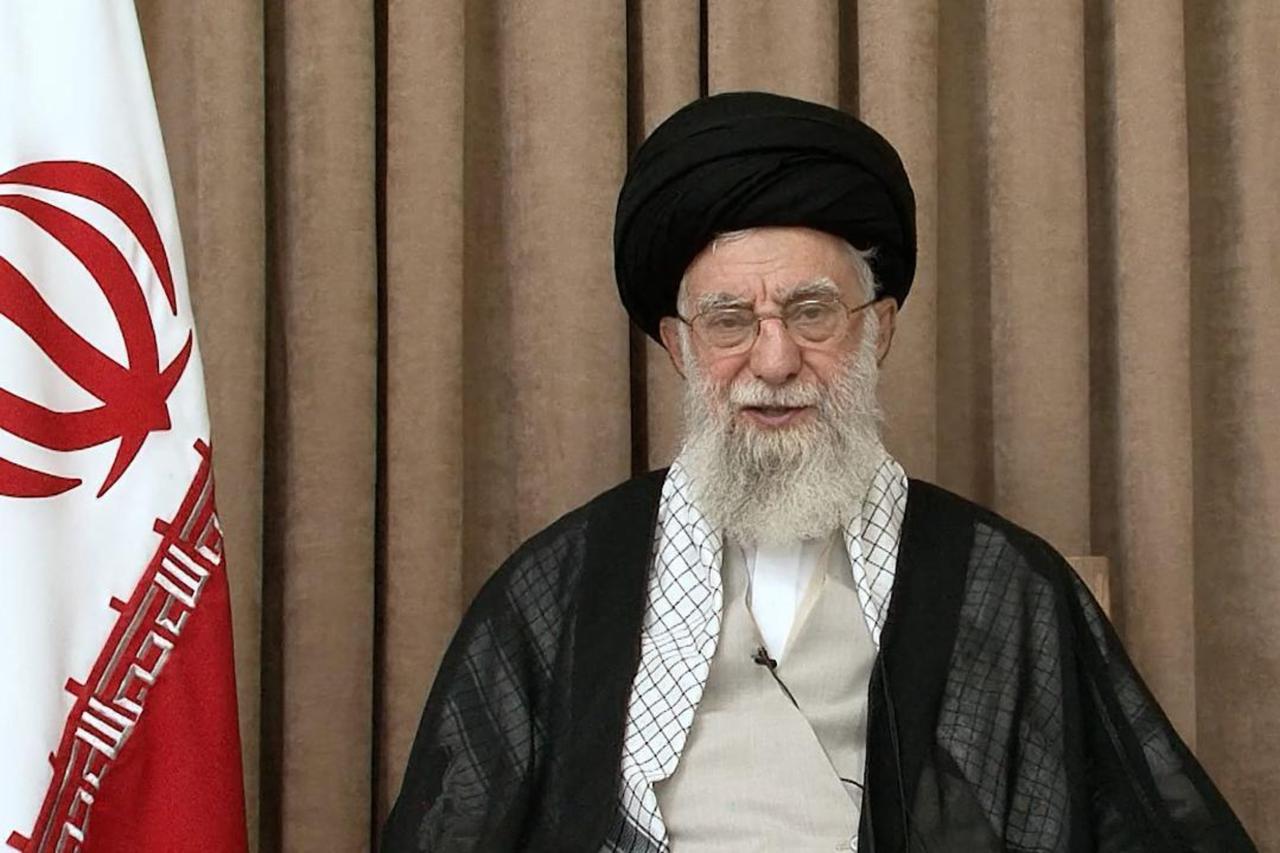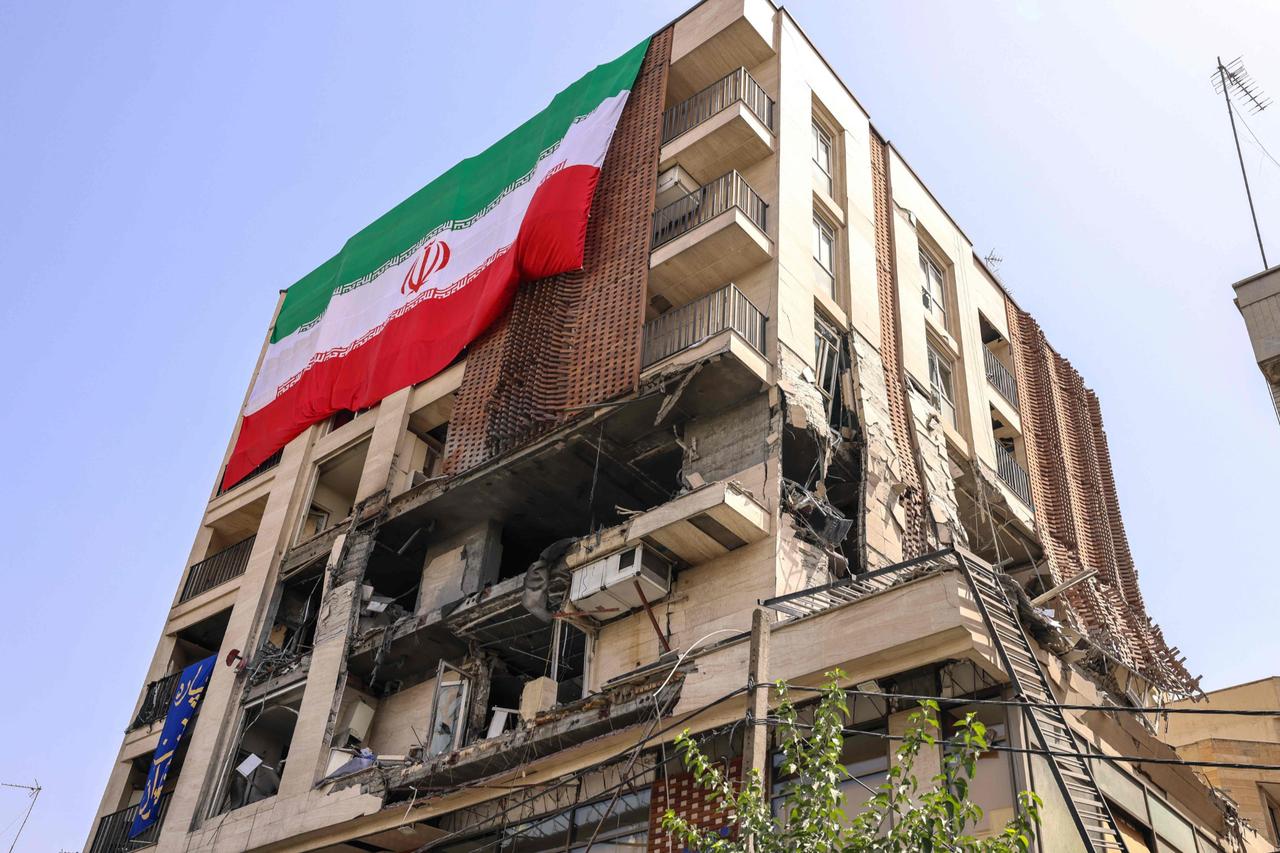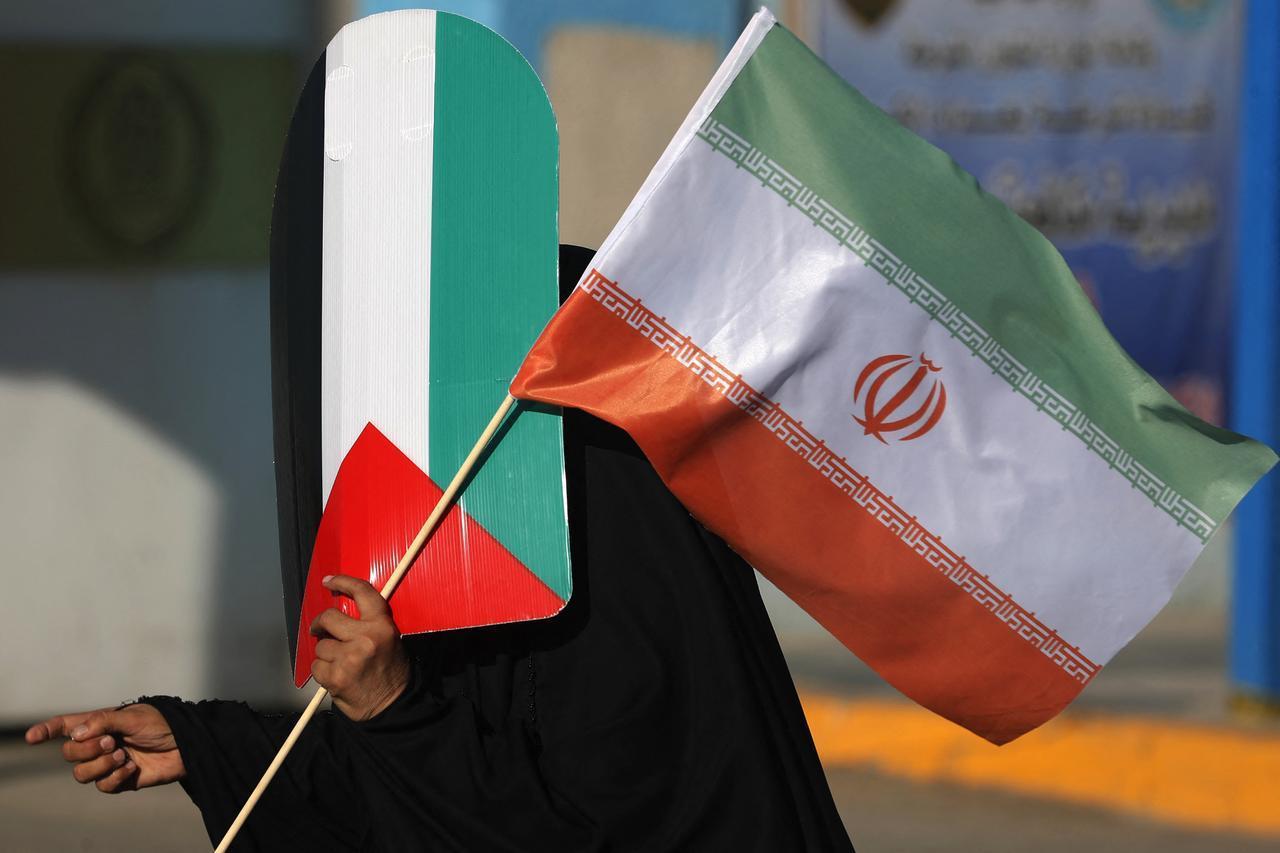
Iran announced it will suspend cooperation with the International Atomic Energy Agency (IAEA) following recent attacks by Israel and the United States, with a Foreign Ministry spokesman saying parliament's decision to halt collaboration is binding on the government.
Foreign Ministry spokesman Ismail Baghaei told reporters in Tehran that cooperation with the IAEA "cannot continue as usual" after the strikes, referencing parliamentary legislation that mandates the suspension of ties with the nuclear watchdog.

The announcement comes amid escalating tensions between Iran and Western powers over Tehran's nuclear program and recent military actions in the region.
Iran's parliament overwhelmingly approved legislation requiring the suspension of all cooperation with the IAEA in response to what lawmakers described as recent Israeli and U.S. attacks and the agency's failure to condemn them.

Baghaei criticized an IAEA report published May 31 regarding Iran's nuclear program, claiming it was designed to legitimize attacks by the United States and Israel.
"The International Atomic Energy Agency must be held accountable in this regard, but what is currently incomprehensible to us is that the agency director general insists on certain demands just days after aggressive actions against Iran's peaceful nuclear facilities," he said.
The spokesman said Iran cannot guarantee the safety of IAEA inspectors, arguing it would be "illogical" to expect a Non-Proliferation Treaty signatory to fulfill commitments while its peaceful nuclear facilities face "illegal attacks." He added that the agency and Director General Rafael Mariano Grossi should reconsider their approach.
"The law suspending Iran's cooperation with the agency is binding for the government," Baghaei stated.
When asked about potential nuclear negotiations with the United States, Baghaei said no decision has been made, but consultations regarding continuation of talks are ongoing.
The Iranian official also criticized European responses to Israeli actions, calling Germany and France's positions on Israel's attacks against Iran "unacceptable."
He specifically denounced German leadership's characterization of Israeli aggression as "Israel is doing our dirty work," calling it a "historical shame."

The tensions have drawn international concern, with foreign ministers from Britain, Germany and France—known as the E3 countries—issuing a joint statement condemning threats against IAEA Director General Grossi.
The statement referenced comments from Ali Larijani, a senior adviser to Iran's Supreme Leader and former parliament speaker, who posted on social media, "When the war is over, we will settle accounts with Grossi."
Iran has accused Grossi of espionage on behalf of Israel and the United States, claiming he seeks to legitimize attacks against Iranian facilities. Iranian authorities have announced that Grossi will no longer be permitted to enter the country.
The E3 statement expressed support for the IAEA and Grossi while calling on Iranian authorities not to take steps that would end relations with the nuclear agency.
"We call on Iran to immediately resume cooperation with its legally binding obligations and to take all necessary steps to ensure the safety of IAEA personnel," the statement read.
The developments mark a significant escalation in Iran's disputes with international nuclear oversight mechanisms and could complicate efforts to revive negotiations over Tehran's nuclear program.